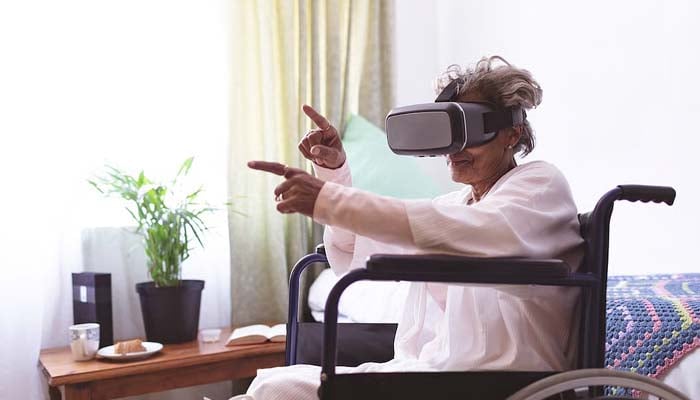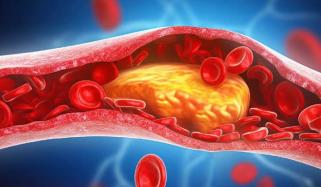
A recent study revealed that virtual reality (VR) training may assist stroke survivors regain their arm movement.
Researchers stated that results suggested that VR could be a great tool to enhance rehab efforts, primarily by raising the amount of therapy patients get.
For the study, researchers gathered data from 190 clinical trials involving up to 7,200 individuals.
Researchers stated that several trials were small and used affordable VR tech, including off-the-shelf gaming systems.
Results discovered that VR therapy could significantly improve walking speed.
Most current VR programs usually miss an opportunity by relying on movement training, instead of assisting individuals regain functional disabilities such as dressing or cooking.
“This technology has the potential to simulate real-life environments, such as shopping in a supermarket or crossing a street, which allows clinicians to trial tasks that are unsafe to practice in the real world,” lead researcher Kate Laver, a professor in the College of Nursing and Health Sciences at Flinders University in the UK stated.
Laver continued, “There’s a real opportunity for researchers to go further and develop more sophisticated, function-focused therapies.”
A small number of patients reported adverse effects such as headaches or dizziness, and more, indicating the security of VR therapy for stroke survivors.












